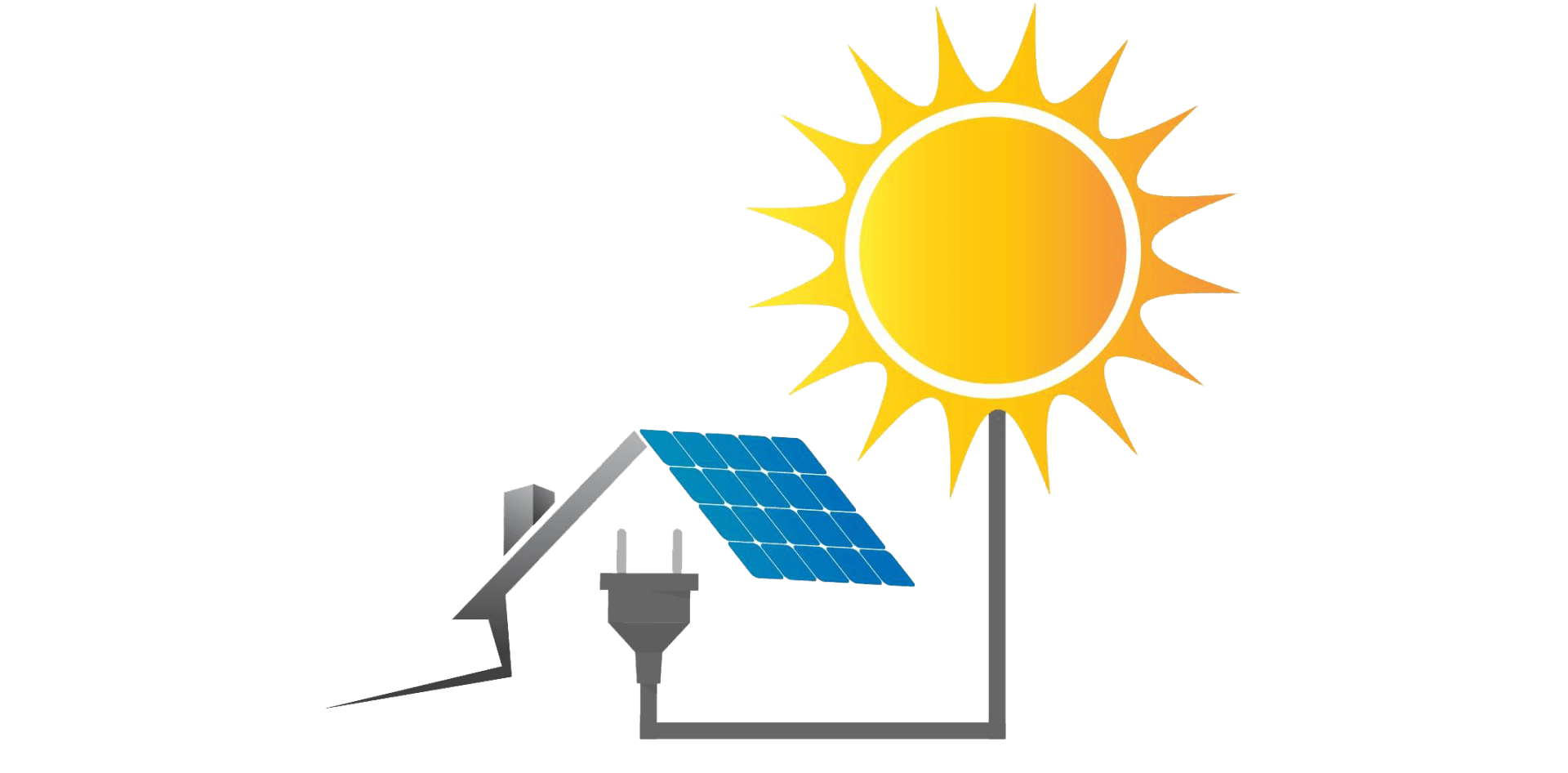New Jersey Solar Incentives
What Solar Rebates and Incentives are Available in New Jersey?
When you consider New Jersey solar incentives and electricity prices, it’s possible to get a solar payback period of less than six years. This is great for an investment that has a service life of 25 years or more and is covered by manufacturer warranties for the majority of that period. The following chart summarizes all the benefits available when going solar in New Jersey (aside from helping to fight climate change):
| New Jersey Solar Incentive | Program Overview |
|---|---|
| Federal Solar Investment Tax Credit (ITC) | The ITC is a tax credit that homeowners can claim on their federal tax return. The credit is worth 30% of the total cost of solar panel systems that are purchased through 2032. The credit will drop to 26% in 2033 and 22% in 2034. The credit will be phased out by 2035 unless it is renewed by Congress. |
| New Jersey Net Metering Programs | Net metering is required by law in New Jersey, which means you get credits for surplus solar energy that gets exported to the grid. These credits can be used to pay power bills. |
| Transition Renewable Energy Certificates (TRECs) | You earn one TREC for every 1,000 kWh generated by your solar panels, and each TREC sells for $91.20 (as of November 2021). |
| New Jersey Solar Tax Exemptions | Solar panels are exempt from the 7% sales tax in NJ, and your home value increase after installing solar is exempt from property taxes. |
Net Metering in New Jersey
Net metering is a simple concept, and it makes solar power much more valuable for homes. When your solar panels are producing more electricity than what your home is consuming, the difference gets fed back into the grid.
Thanks to New Jersey’s net metering regulations, electricity providers must give you full retail value credit for surplus solar energy, which gets subtracted from your electric bills.
- As a quick example, assume your solar panel system produces 1,000 kWh of energy during a month, but you only consume 600 kWh. The other 400 kWh is exported to the grid.
- Thanks to net metering, you’ll receive the full value of that 400 kWh. In states without this benefit, electricity companies decide how to compensate you for surplus solar power, and many of them only give partial credit.
Jersey Central Power & Light (JCP&L) and PSE&G currently have the two largest net metering programs in New Jersey. If there is a month where your solar generation is higher than your electricity consumption, credits are rolled over to the next billing period. Once per year, accumulated credits in your favor are compensated at wholesale price (not retail price) and the balance resets to zero.
Transition Renewable Energy Certificates (TRECs)
In New Jersey, solar panels not only give you power bill savings. You can also accumulate Transition Renewable Energy Certificates based on how much electricity is generated.
- For every megawatt-hour (1,000 kWh) of solar generation, you get one TREC.
- Electric utilities and other companies with a legal obligation to support renewable energy will purchase TRECs as part of their compliance efforts.
- As of November 2021, each TREC sells for $91.20.
If a solar energy system in New Jersey produces over 10,000 kWh per year, you get an additional 10 TRECs. With an electricity tariff of 16 cents/kWh, you would save $1,600 per year. However, you also get $912 for the 10 TRECs, and your total economic benefit is $2,512 per year.
You may also hear these referred to as Transition Renewable Energy Credits.
Learn More: The below video quickly explains the difference between the current TREC program and the former Solar Renewable Energy Certificate (SREC) program.
Transition Renewable Energy Certificates (TRECs)
There are two main tax incentives for New Jersey homeowners going solar: a property tax exemption and state sales tax exemption.
- Property Tax: Solar panels are exempt from increased property taxes. If a home has an assessed property value of $400,000, and solar panels increase this to $420,000, the owner will still be taxed on $400,000.3
- Sales Tax: Solar panels are exempt from New Jersey’s 7% sales tax, which immediately makes them more affordable. For example, if the sales price of your home solar system is $15,000, you’re saving $1,050 right away.4
Solar Rebates and Other Local Incentives
In addition to the incentive programs described above, additional benefits such as solar rebates may be available in some New Jersey municipalities. Before installing solar panels, make sure you’re not missing out on any incentives available in your area.
New Jersey has also enacted laws that enable PACE financing in the state. PACE stands for Property Assessed Clean Energy, and these programs give you low-interest loans for solar panels and other clean energy upgrades. As of the end of 2021, there are a few PACE programs under development in New Jersey, but the options are still limited.
Check out our solar financing guide for more tips on how to pay for your solar renewable energy system.
See also: Find out how much solar power your roof can produce with Ecowatch solar calculator
What Do New Jerseyans Need to Know About the Federal Solar Tax Credit (ITC)?
The 30% federal solar tax credit is a nationwide benefit, and you can combine it with New Jersey solar incentives to improve your ROI. The official name of this incentive is the Investment Tax Credit or ITC.
The credit is set to reduce to 26% in 2033 and 22% in 2034. The credit will be phased out by 2035 unless Congress renews it.
Any top solar company will be able to help you identify and apply for financial incentives available in your area.
FAQs: New Jersey Solar Incentives
Source / Credit: EcoWatch

